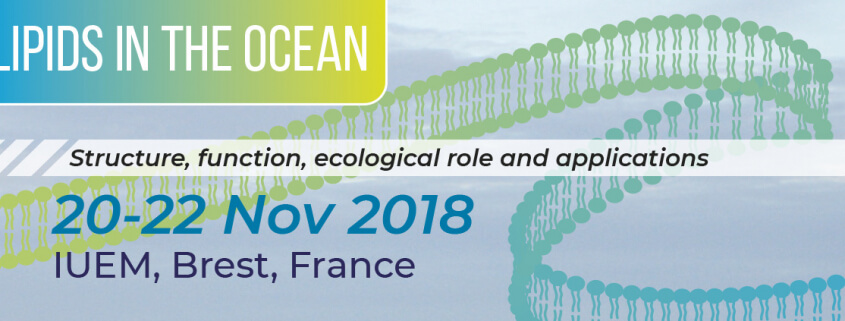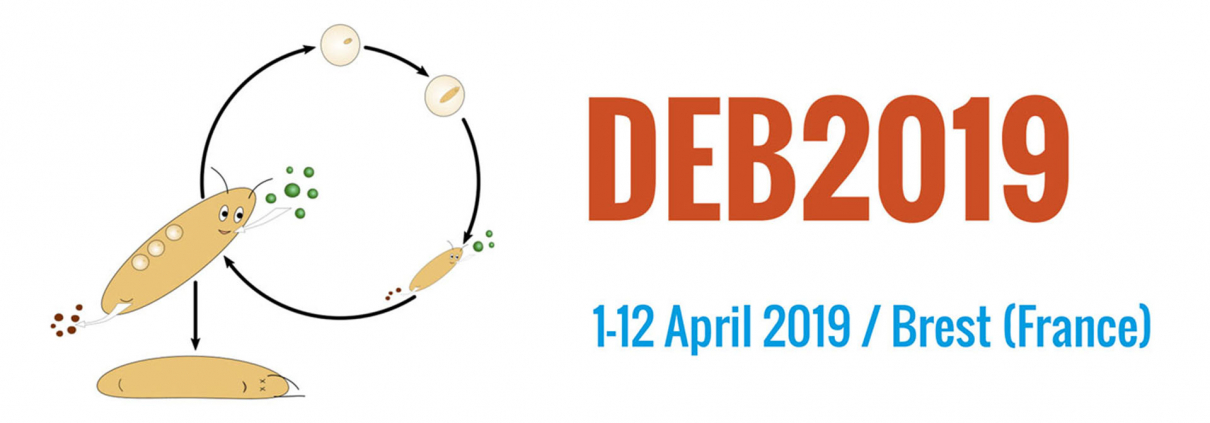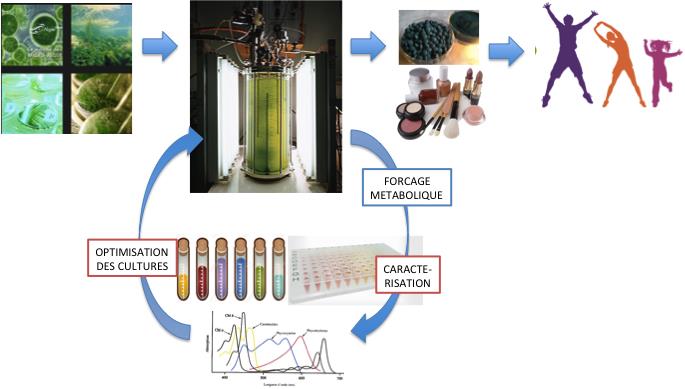Conference “Lipids in the ocean”
This international-level conference will strengthen the position of international research on marine lipids toward broad scientific questions, ranging from cellular-level to marine ecosystems functioning.
One of the aims of this multidisciplinary conference is to stimulate discussions on concepts related to the role of lipids from lower up to higher trophic levels.
This conference will enable the participation of graduate students, academic and government researchers, and industrial and resource managers interested by lipids in aquatic ecosystems.
Register here : https://marinelipids.sciencesconf.org/
Calendar
- First Announcement: February 7th 2018
- Pre-registration for abstract submission begin: March 1st 2018
- Pre-registration for abstract submission deadline: May 15th 2018
- Notification of abstract selection: May 30th 2018
- Early registration: May 1st – June 30th 2018
- Late registration: July 1st – September 30th 2018
- Registration deadline: September 30th 2018
Lipids in the ocean. Structure, function, ecological role and applications. IUEM (Univ. Bretagne Occidentale), Brest, France








